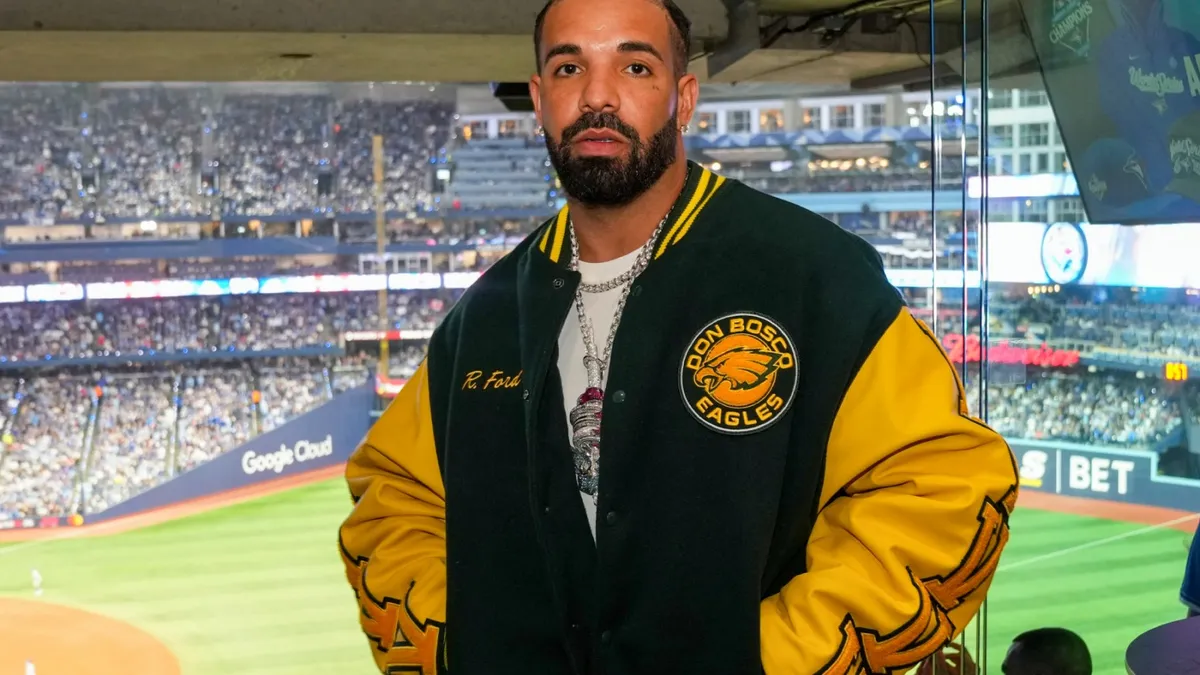
A new class action lawsuit has been filed against Spotify, claiming that the music streaming giant has “turned a blind eye” to widespread “mass-scale fraudulent streaming” on its platform. The lawsuit, initiated in the California District Court, names rapper RBX, a cousin of Snoop Dogg, as the lead plaintiff. Notably, the suit highlights that one artist, Drake, is allegedly benefiting from “billions” of fake streams. While the allegations surrounding Drake’s streaming numbers are striking, there are no specific accusations of wrongdoing against him; instead, Spotify is the sole defendant in this case.
The lawsuit asserts that every month, under Spotify’s oversight, billions of fraudulent streams are generated using “fake, illegitimate, and/or illegal methods,” such as bots. This “mass scale” streaming fraud reportedly causes significant financial harm to legitimate artists, songwriters, producers, and other rightsholders. The streaming royalties are allocated through a “streamshare” model, where subscription and advertising revenue is pooled and distributed based on each artist’s share of total streams. Hence, fake streams can severely impact artists whose streams are not artificially inflated.
In response to the lawsuit, a Spotify spokesperson stated, “We cannot comment on pending litigation. However, Spotify in no way benefits from the industry-wide challenge of artificial streaming.” They emphasized the company's commitment to combating such fraud through investments in sophisticated systems that remove fake streams and withhold royalties. The spokesperson noted a previous case where a perpetrator was indicted for stealing $10 million from streaming services, with only a small fraction coming from Spotify, which they claim demonstrates the effectiveness of their current measures.
While the lawsuit suggests that the use of bots is prevalent on Spotify, it specifically cites Drake as a primary example. The complaint alleges that a sizable portion of Drake’s approximately 37 billion streams are inauthentic and resulted from a vast network of bot accounts. The claim states that between January 2022 and September 2025, abnormal VPN usage was detected, masking the true locations of accounts streaming Drake’s music. For instance, it is claimed that over a four-day period in 2024, 250,000 streams of his song “No Face” were traced back to Turkey but were misrepresented as originating from the United Kingdom.
Moreover, the lawsuit argues that many accounts streaming Drake’s music are concentrated in regions where the local population cannot support such high streaming volumes, with some streams reportedly coming from areas with “zero residential addresses.” The complaint also notes unusual spikes in streams for Drake’s songs long after their release, along with slower decay rates compared to other artists, suggesting inflated streaming numbers.
The lawsuit contends that the alleged fraudulent streams have generated significant revenues for Drake and his company, Frozen Moments, while harming other artists. It claims that Spotify intentionally ignores fraudulent streaming practices to benefit its business model. The lawsuit further posits that Spotify's ad-supported free tier is particularly susceptible to bots since accounts can be created without a credit card, allowing for inflated user activity metrics that attract advertisers.
Mark Pifko, a lawyer representing RBX, stated, “Artists across the streaming industry need accurate reporting of streams and effective fraud detection to ensure fair compensation.” He emphasized that when streams are artificially inflated—such as those alleged for Drake’s music—it adversely affects the income of numerous songwriters, performers, and producers.
This lawsuit comes shortly after a judge dismissed Drake’s previous case against Universal Music Group (UMG), which also included allegations of streaming fraud. Although the nature of that case was defamation, it spotlighted concerns over UMG allegedly inflating streaming numbers for Kendrick Lamar's diss track “Not Like Us.” UMG denied all allegations, stating there was no evidence of stream manipulation.
Streaming fraud has been a significant topic within the music industry, with estimates of losses ranging from hundreds of millions to billions of dollars annually. A 2019 report suggested that fake streams could be costing artists around $300 million each year. As efforts to combat streaming fraud grow globally, legal actions against individuals involved in fraudulent schemes have increased.
The proposed class action seeks damages exceeding $5 million and requests that a federal judge certify the lawsuit as a class action, compel Spotify to identify alleged victims, and oversee a jury trial for compensatory and punitive damages. RBX, who contributed to Dr. Dre’s iconic track “Let Me Ride,” aims to address systemic issues in the streaming ecosystem, advocating for transparency and fairness for all artists involved.